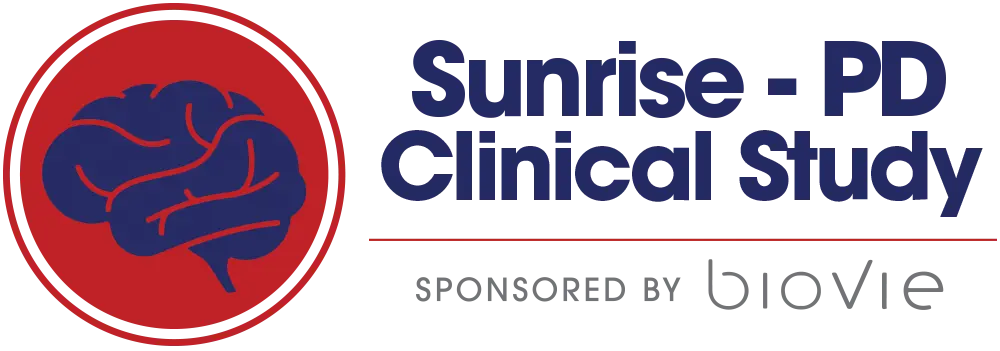Parkinson's Clinical Trial
Advancing Parkinson's treatment begins with you!

Parkinson's Clinical Trial
The trial drug, NE3107, also known as Bezisterim, is a new molecule with a unique mechanism of action that is believed to have the potential to interrupt both inflammation and insulin resistance in the brain, which research has shown to be fundamental causes of PD symptoms and disease progression. In animal studies, treatment with the trial drug led to improved movement, which could benefit Parkinson’s patients that are beginning to have noticeable or bothersome symptoms as well as those that have more advanced disease.
In animals NE3107 also decreased levodopa side effects and the loss of brain cells, which means it has the potential to slow disease progression. A prior clinical study indicated that NE3107 could improve motor function in moderately advanced PD patients. This clinical trial will test whether NE3107’s benefits for PD seen in animal studies translate to benefits in people with the early stages of PD. Positive results from this study would help support a study of NE3107’s ability to slow disease progression, which is the ultimate goal of drug development for Parkinson’s disease.
Almost all drugs currently used to help people with Parkinson’s disease (PD) work by increasing the concentration of a chemical in the brain called dopamine. While drugs working in this manner, which includes levodopa, have provided tremendous benefit to patients, none of them slow disease progression. Furthermore, levodopa becomes less effective with long term use, which creates the need to increase the dose and potential for side effects.
Most people that use levodopa for more than a few years develop uncontrollable movements called levodopa induced dyskinesia, which in some patients can be as debilitating as PD itself. The testing of drugs with new mechanisms of action is essential to find new treatment choices that may have fewer undesirable side effects or may slow disease progression.
Who Qualifies to Participate?
- Those who have been diagnosed with Parkinson’s Disease not more than 18 months prior to screening and not more than 36 months has passed since first motor symptom prior to screening.
- Have not been prescribed levodopa (Sinemet or Rytary) or dopamine receptor agonists (Pramipexole [Mirapex®], Ropinirole, Apomorphine, Rotigotine), but believe that you now need or will soon need medicine to help you with your Parkinson’s symptoms.
- Are in generally otherwise good health
- Are within the continental U.S.
Additional criteria apply
Is This Study Right For You?
What Does Participation Involve?
The Sunrise – PD study is designed to make participation easier. Participants that do not live close to a clinical site can participate at home with highly trained and fully equipped mobile nurses who are in live video contact with neurologists coming to their homes to perform all evaluations for all study visits, including screening. For all participants, whether at home or at one of the traditional physical clinical sites, there will be seven clinical visits in total over the course of five months, which includes screening and a safety follow up visit approximately 30 days after the end of treatment.
Everything needed to participate is provided without cost and compensation may be available for participating.
Potential Side Effects
In completed clinical studies of NE3107, when NE3107 was compared to placebo, the most commonly observed event with NE3107 has been headache which occurred at rates similar to placebo. Other possible side effects have not been seen more frequently with NE3107 treatment compared to placebo. These effects may include increases in blood glucose levels or cholesterol levels and decreases in blood calcium levels or blood sodium levels. This is not a full listing of all possible observed events. For a full list of side effects, talk with the study physician or reference the informed consent.


